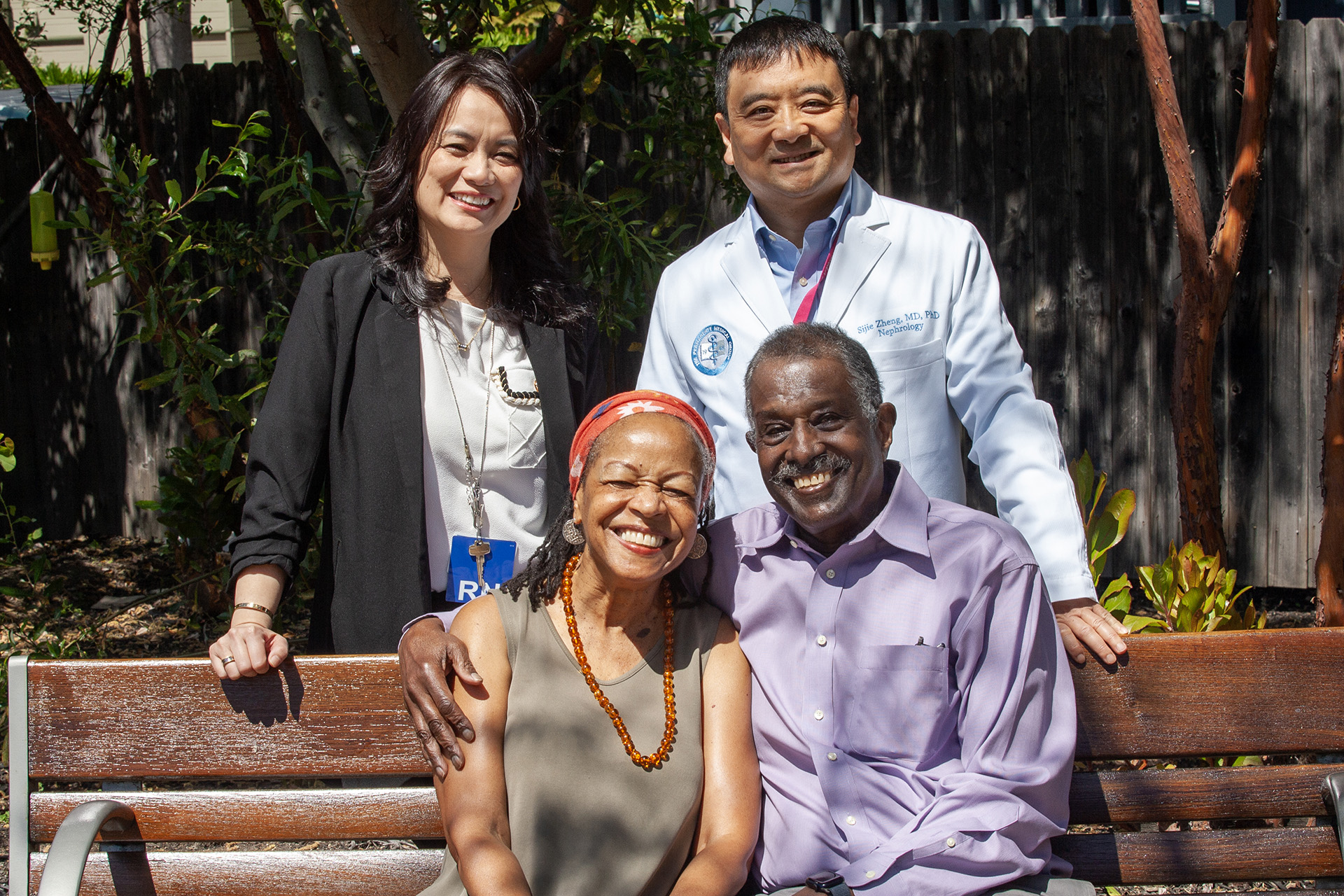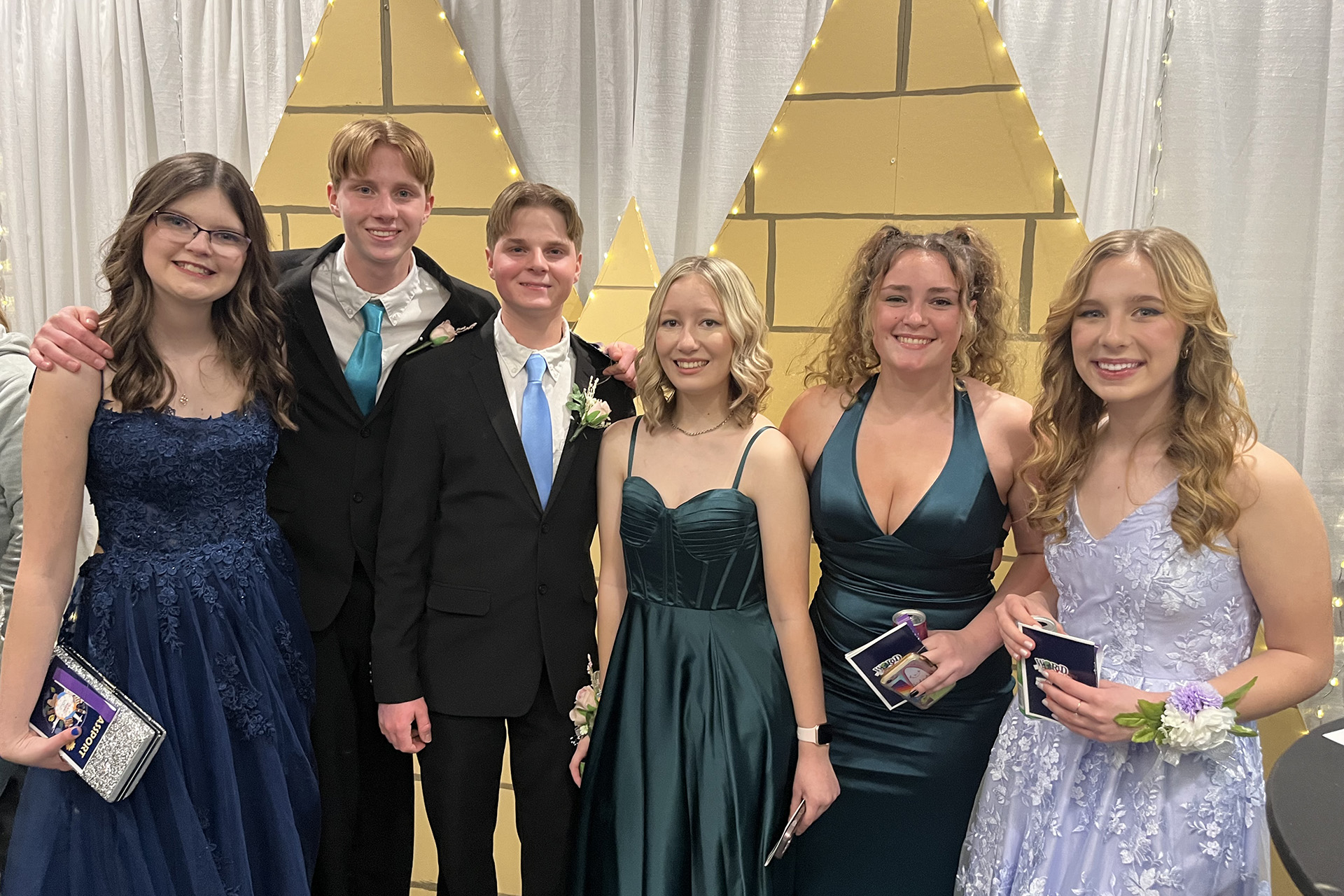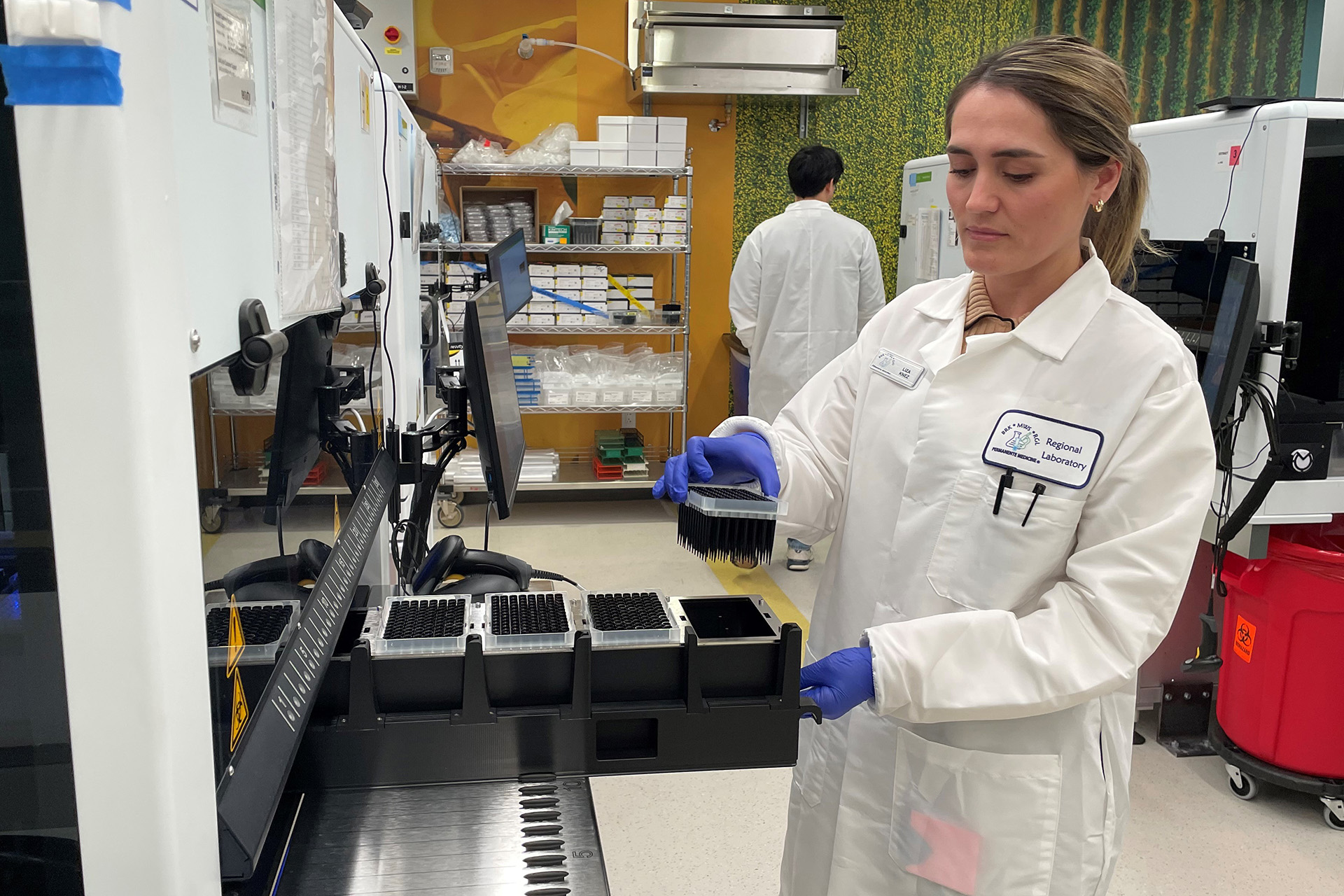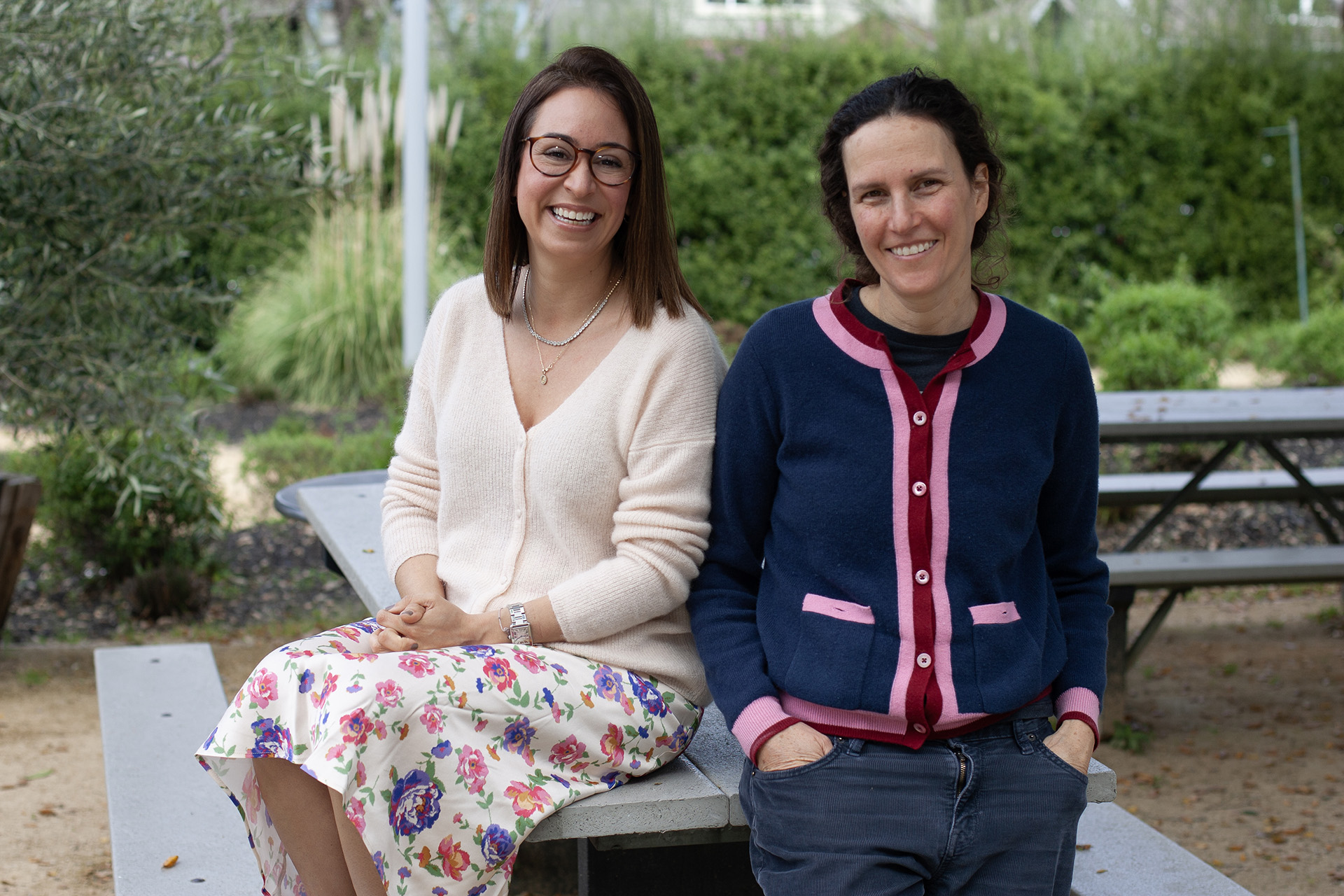Blind and low vision members seeking mental health care at Kaiser Permanente Northern California can access an automated screening process with audio prompts and voice recognition that also tracks their progress and alerts therapists to issues requiring immediate attention.
Screening and tracking software for all mental health care patients, developed by a company called Tridiuum, was rolled out to 56 care sites on about 1,200 iPads last year. The software includes audio prompts and voice recognition technology for blind and low vision members, said Ken Shigematsu, Kaiser Permanente Northern California director of Regional Mental Health Administration and a licensed clinical social worker.
“Tridiuum allows us to give the patients a voice in telling us how they’re doing in their everyday lives,” said Shigematsu. “It may be difficult to talk about suicide or how much you’re drinking to a therapist face to face, and we found that answering a questionnaire on an iPad, whether it’s voice technology for the blind or through written responses, can sometimes be easier, especially at a first appointment. We want to have this technology and clinical platform be available to all people seeking mental health support.”
New Mode of Care
Tridiuum is part of a relatively new feedback-informed care approach to mental health adopted at Kaiser Permanente in the last few years. The Tridiuum survey carried out before each appointment with a therapist reports such issues as depression, anxiety, harm to others, suicide risk, post-traumatic stress disorder, and alcohol and drug use. It scores patient progress over time and is innovative because it has not traditionally been used in psychological therapy, Shigematsu added.
“As the patient is filling out the survey, the clinician can be in his or her office and see which areas are good and which areas need additional or immediate support,” Shigematsu said. “So, when the clinician comes into the waiting room to get the member, we can see immediately if they are having risks in certain areas. And the clinician will be able to get this information every time the patient comes in.”
The software can help a therapist determine treatment, outcomes important to the patient, and treatment conclusion, Shigematsu said. Previously, a paper form was collected before each appointment, but it only asked how the patient was doing in that moment and did not track responses over time.
The voice technology for blind and low vision members can be used with headphones, and a therapist can walk the member through the prompts, if need be.
Adding the voice technology assures Kaiser Permanente services and communications are accessible to all members, especially those with disabilities, said Sherri Rita, Kaiser Permanente Northern California civil rights and Americans with Disabilities Act coordinator.
“I want to emphasize the voice over technology is one way we honor the privacy and independence of our members,” Rita said. “It is an example of how we offer equal access to our members and meet the obligations of federal law.”





This Post Has 2 Comments
Is Tridiuum developed in-house at KP? This is the type of technology I would love to help contribute to!
Hi, Charlie Ann. Tridiuum is a digital health company outside of Kaiser Permanente. You can learn more here: https://tridiuum.com/
To find out more about working with Tridiuum within the organization, please contact Ken Shigematsu, Kaiser Permanente Northern California director of Regional Mental Health Administration and a licensed clinical social worker.